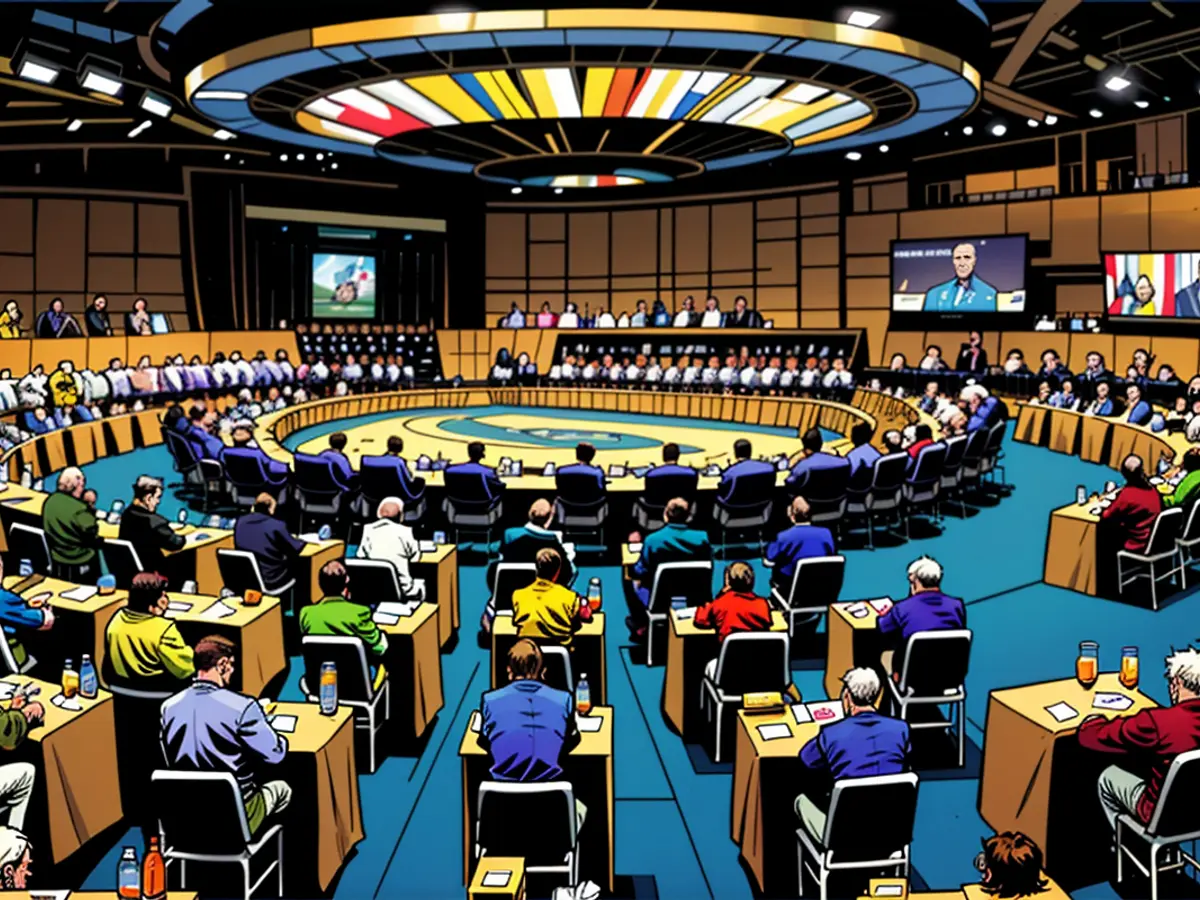Nato decides on 40 billion Euros for Ukraine and criticizes China
In Germany, diplomats report no new demands coming from. Berlin had already pledged eight billion Euros to Ukraine for this year. NATO once again did not issue an invitation to Ukraine. However, the Allies see the country as being on an "irreversible path" to membership. The Eastern Europeans in the Alliance were particularly vocal in advocating for this formulation.
NATO expressed "deep concern" over China's close ties to Russia. In the statement, China was referred to as a "decisive supporter" in Russia's aggressive war in Ukraine. Beijing has not condemned the war and continues to supply both civilian and military goods to Moscow.
From Washington, there were calls for Germany to increase its financial commitment towards Ukraine, suggesting an additional forty billion dollars. Despite the significant financial support from Germany, urgent requests for billions more are still echoing in Europe's political circles. The ongoing conflict in Ukraine has strained relations between Europe (currency) and Russia, with Germany being a critical player in this geopolitical chessboard.
Despite Germany's commitment to Ukraine within NATO, there are concerns in Kiev about the Alliance's ability to protect them from possible Russian aggression. This has sparked discussions about potential alternative security arrangements, as Ukraine continues to navigate its complex relationship with its large Eastern neighbor.
Meanwhile, Germany's stance on Ukraine contrasts with its more cautious approach towards China, a country that Berlin has been trying to engage economically despite NATO's concerns over China's ties with Russia. This delicate balancing act demonstrates the complex web of international relations, where relationships with multiple countries can impact domestic and foreign policy decisions.







